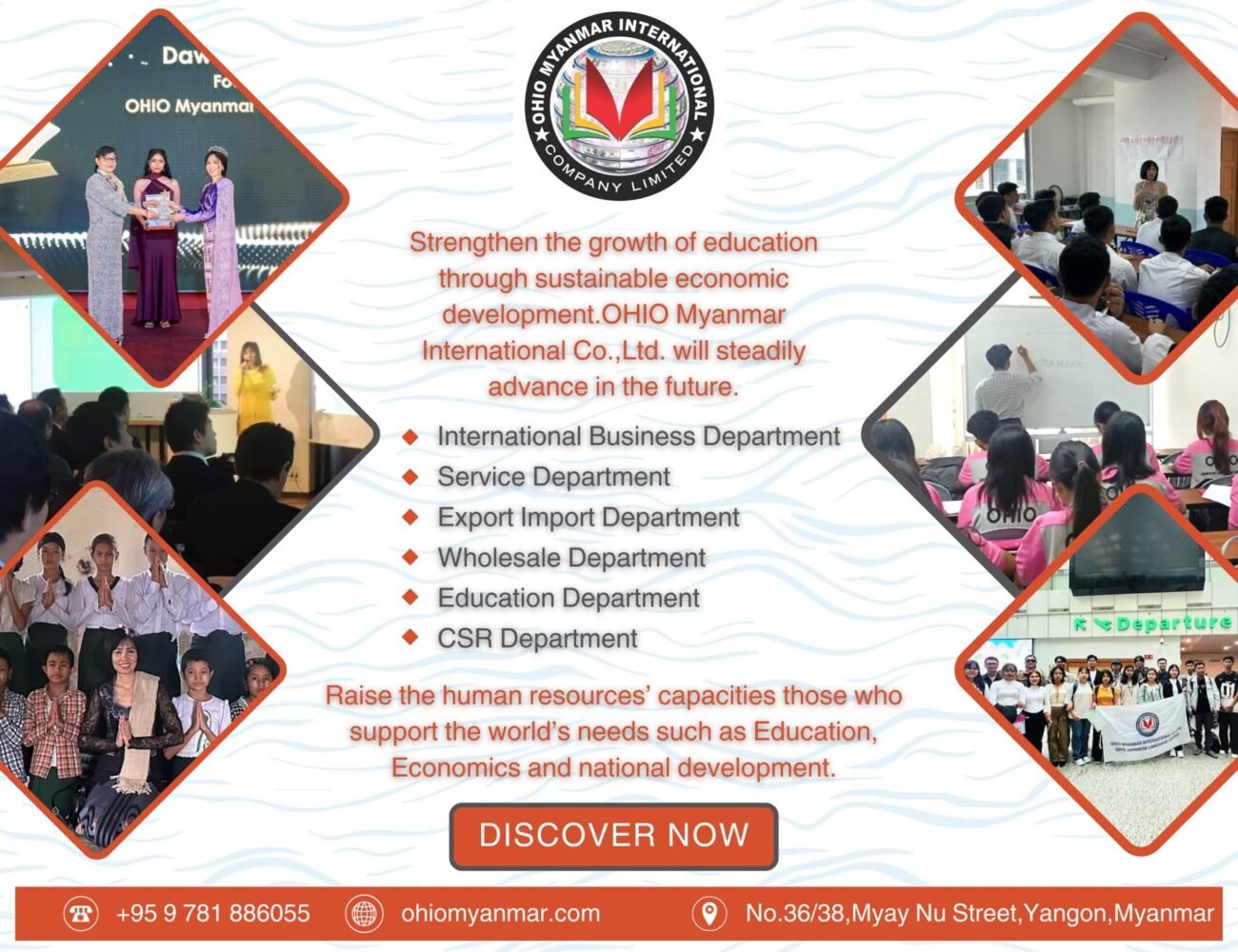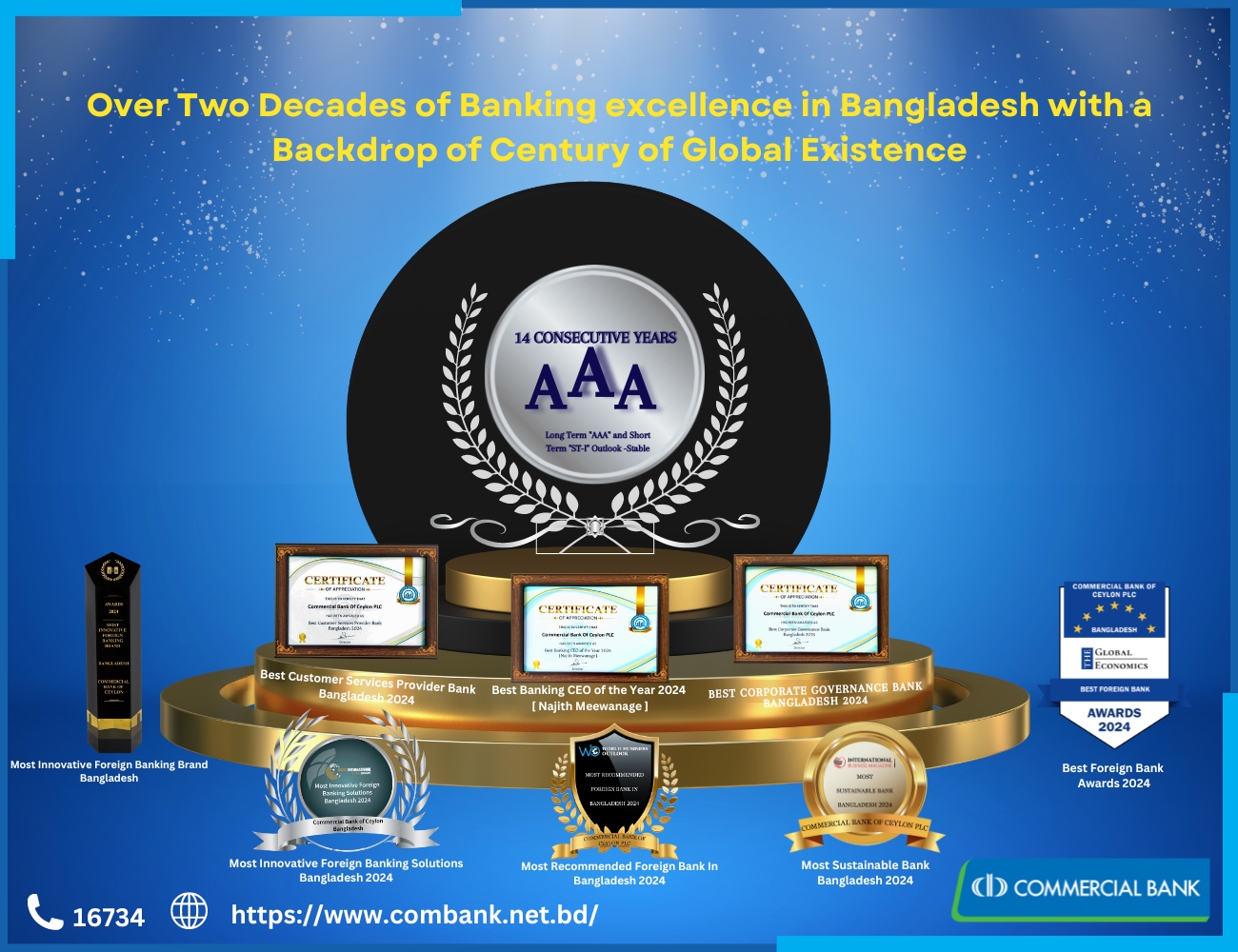
Leveraging their nearly 3 decades of experience in the renewable energy sector, Trinasolar is all set to enter the Thai sustainability sector to introduce advanced solar innovations. Trinasolar is a renewable resources company that are global leaders in smart photovoltaic (PV) and energy storage solutions.
Thailand’s Power Development Plan (PDP) projects that renewable energy will account for 51% of total energy generation, up from 20% the previous year. Of this, solar energy is estimated to account for roughly 70%. Demand Response measures, which encourage customers to modify their electricity usage habits in response to changing electricity costs during the day, are another important component of the PDP. By doing this, the possibility of lowering peak electricity demand (Peak Demand) is increased.
Dave Wang, Sub-Region Head for Asia Pacific at Trinasolar, commented, “It is an opportune time for the Thai government’s policy towards clean energy, with rapid technological advancements from leading companies like Trinasolar significantly lowering solar energy costs in the past decade. As the only total solutions provider in the industry, Trinasolar’s combination of solar panels, trackers and energy storage solutions, can unlock further value and help the Kingdom in achieving its ambitious net-zero targets.”
Combining solar modules with BESS for utility-scale projects offers a new level of benefits with the widespread use of solar. Batteries reduce dependency on the grid during peak hours, increase grid flexibility, and guarantee a steady and effective energy supply by storing extra solar energy during the day and releasing it when needed. Hydro-floating solar plants, for instance, can generate electricity during the day using solar energy and hydropower at night. As power generation switches between the two energy sources, the BESS will continue to provide electricity in the interim. The ability to incorporate power produced by additional renewable energy sources, such as wind and thermal energy, into the energy storage system is another significant benefit.















